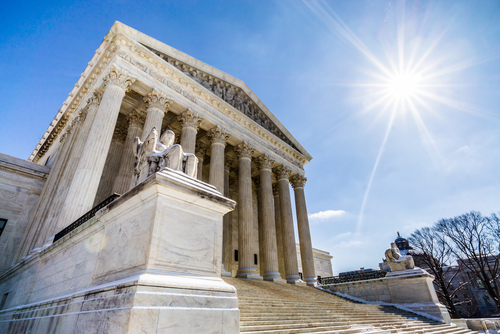A recent federal appellate decision shows there are limits to the ability of a regulator to claim monetary sanctions for statutory violations. Last week the 11th Circuit held that investors whose losses were solely associated with registration violations by their fraudster traders were not entitled to a restitution award – because such losses had not been proximately caused by the registration violations.
In an enforcement action brought by the Commodity Futures Trading Commission, the 11th Circuit affirmed a Florida district court’s findings that two companies and their CEO committed fraud by falsely representing to some investors that they had purchased physical metals on their behalf (when they had actually purchased futures), and violated the registration requirements of the Commodities Exchange Act (CEA) by trading in futures without registering as futures commission merchants. The district court had awarded restitution for losses arising from both of these violations. While the 11th Circuit upheld the restitution award of approximately $1.5 million based on the fraudulent misrepresentation, it vacated the award of approximately $560,000 based on the failure to register, holding that this violation did not proximately cause the investors’ losses. READ MORE






